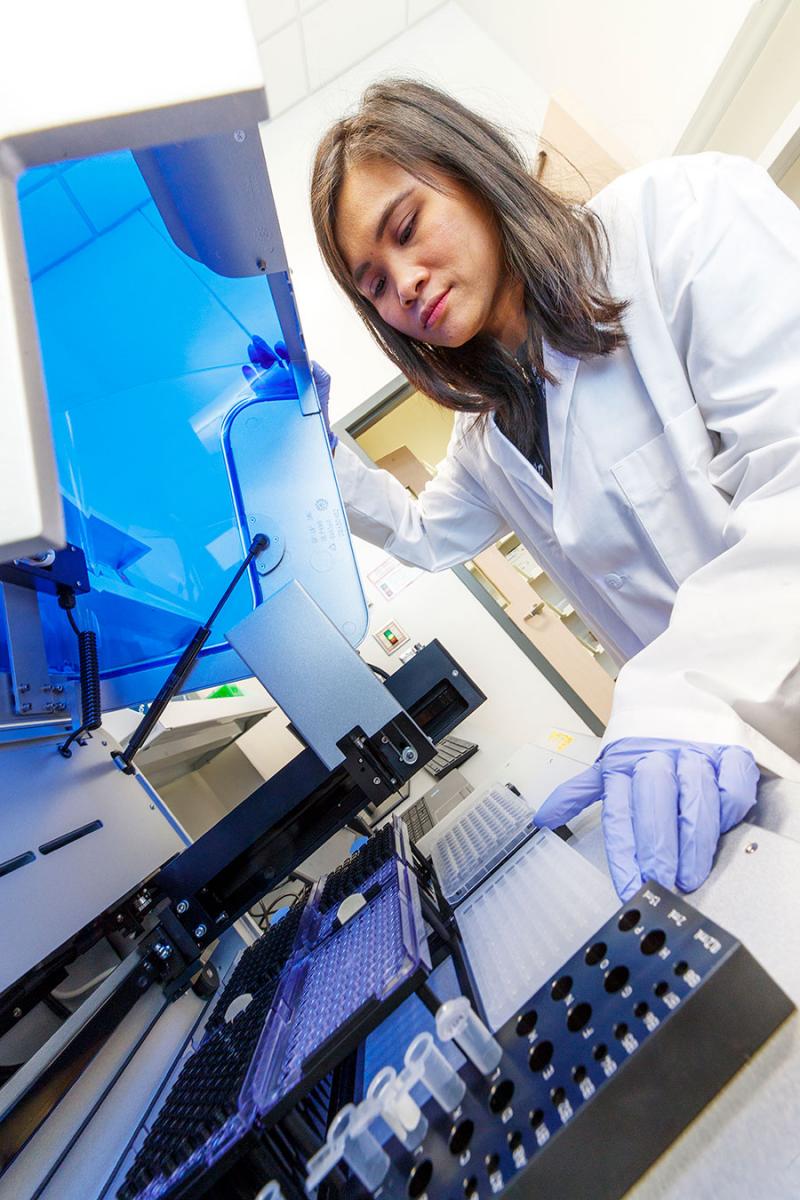The Role of Veterinary Labs in Protecting Pet Health
The Role of Veterinary Labs in Protecting Pet Health
Blog Article
Our furry friends are part of our lives, and ensuring their well-being starts with health checks. Animal diagnostic centers are key components in identifying health issues for household animals.
Here, we’ll cover the importance of veterinary labs and explain the testing process.
Understanding Pet Diagnostic Centers
Veterinary laboratories support veterinary care for examining samples. They provide critical insights to develop effective treatments.

Typical procedures usually includes:
- Sample collection: Tissue or fluid samples are sent to the lab.
- In-depth testing: Technicians and machines conduct the tests.
- Providing actionable data: Information helps manage health for your pet’s benefit.
Key Diagnostics for Pet Health
Veterinary labs offer many tests to manage chronic problems. Popular tests include:
- Blood tests: Monitor immune responses.
- Bladder and kidney checks: Identify dehydration.
- Gut health screenings: Detect worms or parasites.
- Allergy testing: Address skin issues.
- Advanced imaging tests: Detect tumors or growths.
laboratório veterinlaboratório veterinário santélaboratorio de analises clinicas veterinarias
Why Diagnostic Exams Are Essential
Consistent lab work supports proactive health management. By addressing concerns promptly, vets can provide better care.

Additional benefits include:
- Proactive care: Recovery chances improve.
- Lower medical expenses: Early detection reduces expenses.
- Knowing your pet is well: Stay ahead of potential issues.
Conclusion: Veterinary Labs as a Cornerstone of Pet Health
Pet health labs provide the foundation for accurate diagnoses. Through proactive diagnostics, you support their quality of life.
Make pet health a priority and help them live their best lives!
Report this page